In 2024, Suan Dusit University (SDU) collaborated with PTT Exploration and Production Public Company Limited (PTTEP) to implement the “Mini Farm Project – Suphan Buri”, a community outreach initiative aimed at promoting the sustainable management of land for agriculture through education and hands-on learning. This project was designed to serve as a learning model for smart farming, safe agriculture, and land conservation, integrating both academic and community knowledge to foster sustainability within the local agricultural sector.
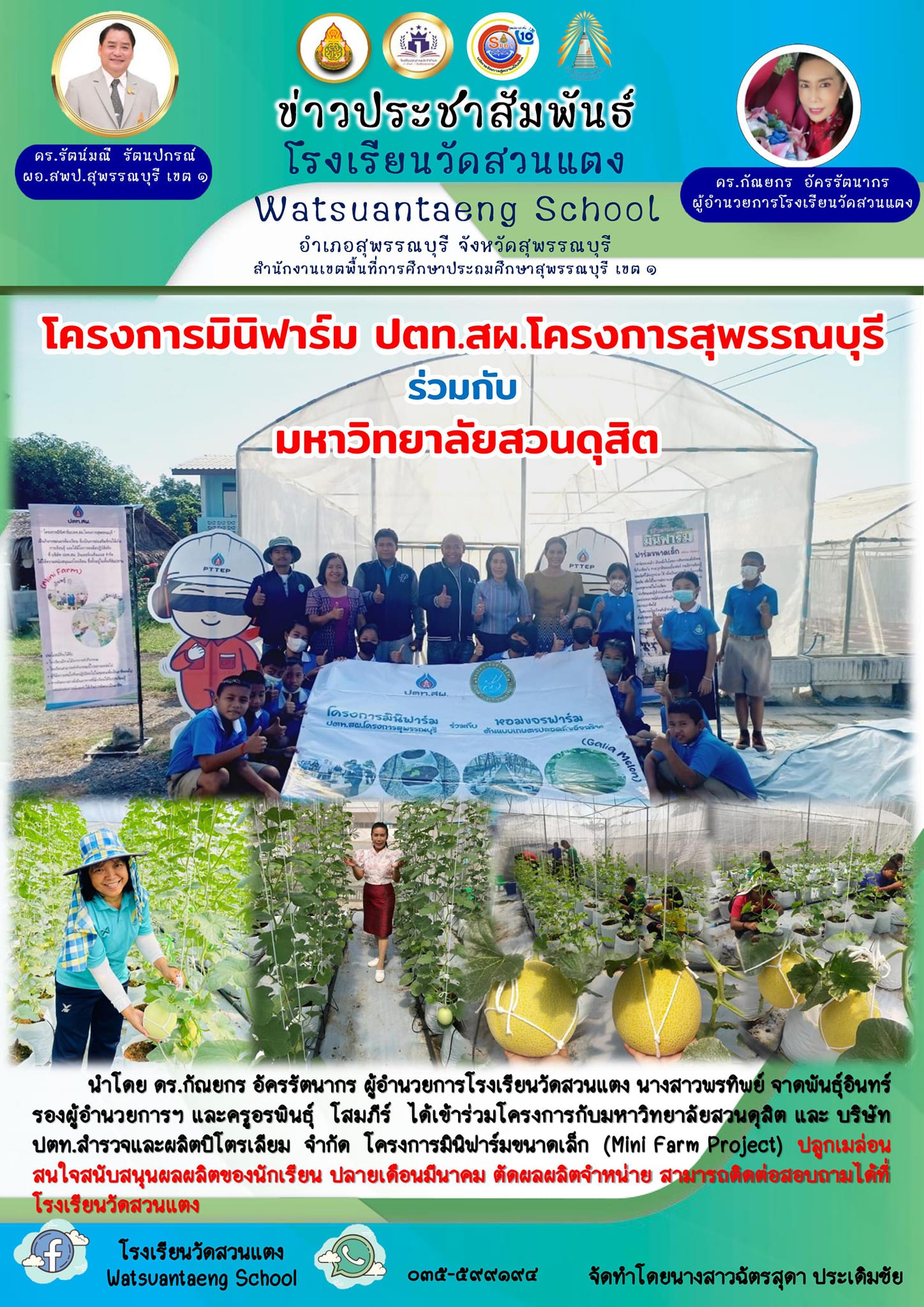
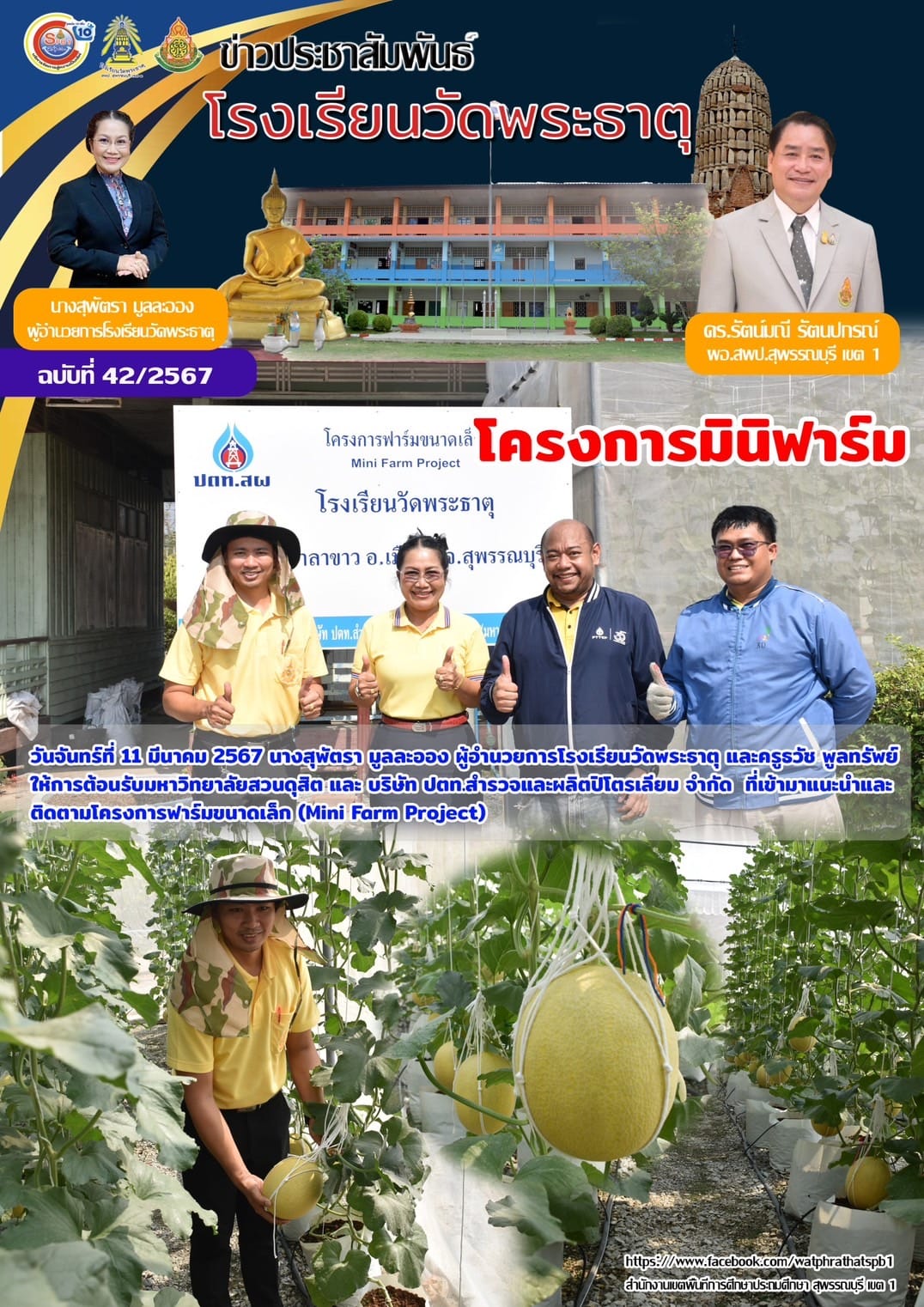
The project was implemented at selected schools in Suphan Buri Province, where teachers and students—approximately 150 participants—were trained to develop small-scale agricultural plots using smart greenhouse technologies and Good Agricultural Practices (GAP). Participants learned how to grow chemical-free crops such as melons, cherry tomatoes, and lettuce, manage soil fertility, and monitor crop growth using sustainable methods that reduce environmental impact. The model emphasized the efficient use of land and water resources, soil and water conservation, and climate-resilient agricultural practices.
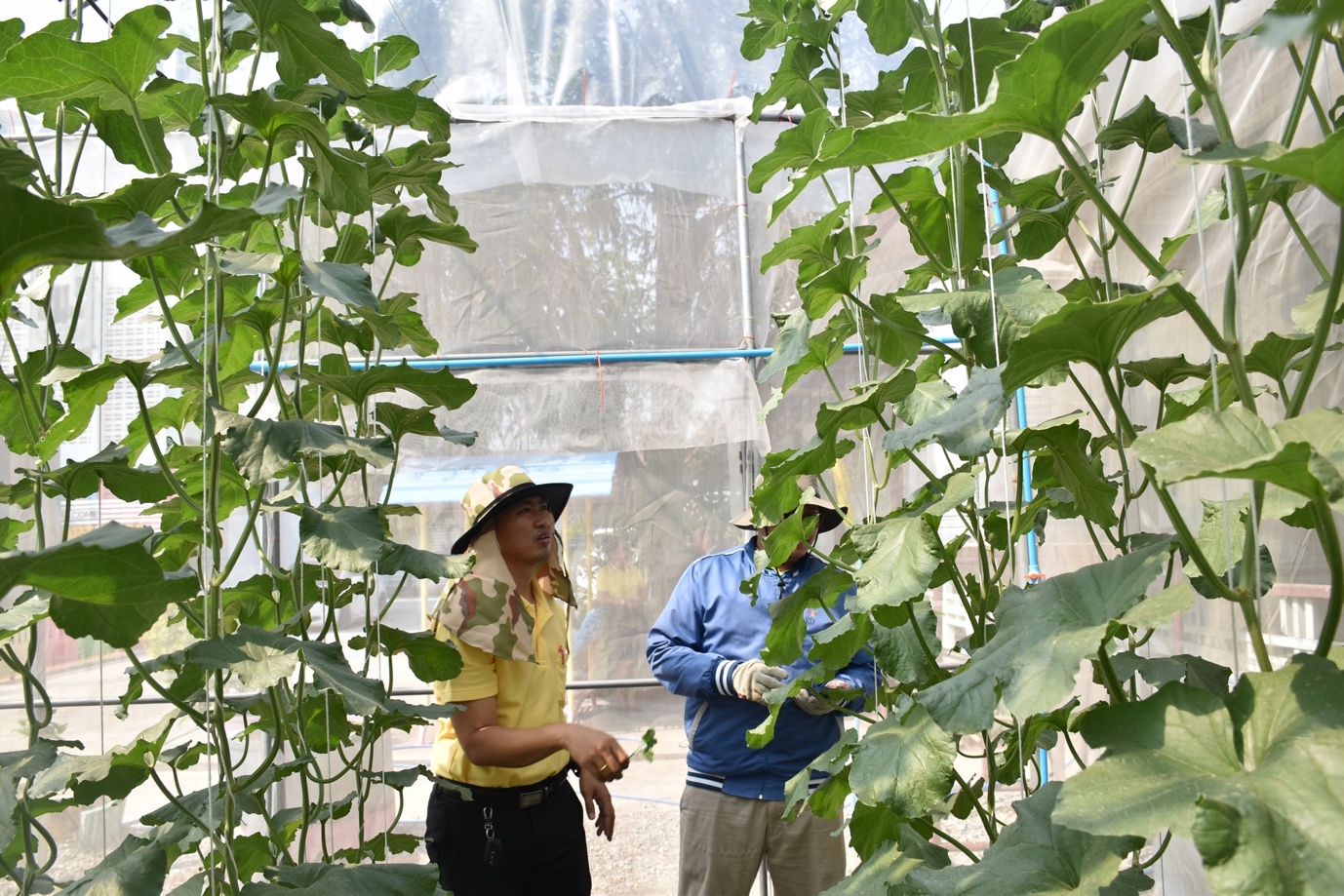
Through interactive training and field demonstrations, the Mini Farm Project introduced participants to concepts of sustainable land use, eco-friendly cultivation, and integrated resource management. The learning activities were conducted under the supervision of SDU agricultural experts and in cooperation with PTTEP’s environmental innovation team, ensuring that the programme met both educational and technical standards for sustainability.
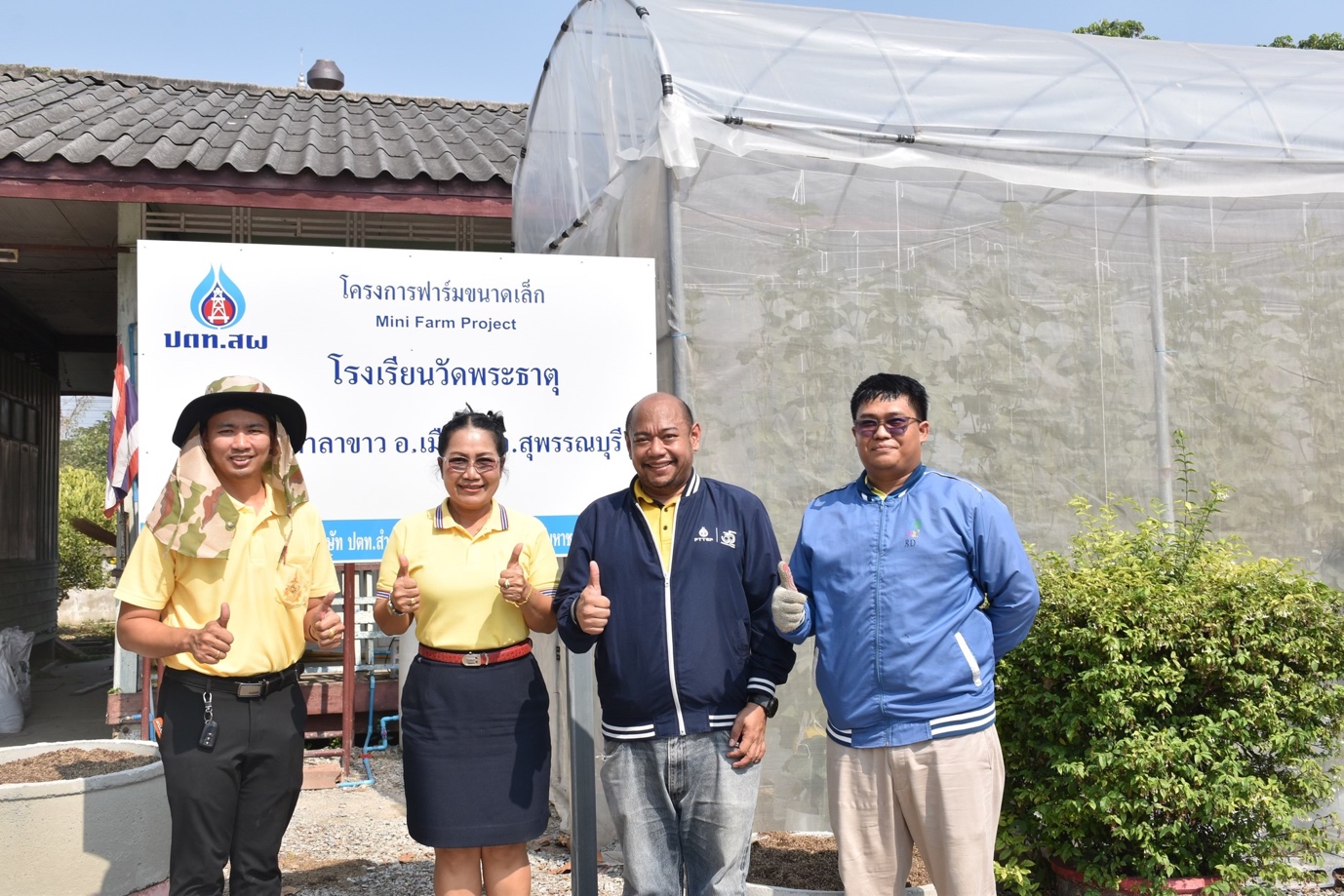
The project’s educational outreach approach promoted community engagement by encouraging participating schools to act as local demonstration centers for sustainable agriculture. Teachers were equipped with lesson plans and materials to integrate environmental education and land management concepts into their school curricula, while students applied the knowledge through real-world practice in the school’s mini-farm area. These activities not only improved the productivity and sustainability of the land but also cultivated environmental responsibility and awareness among youth.
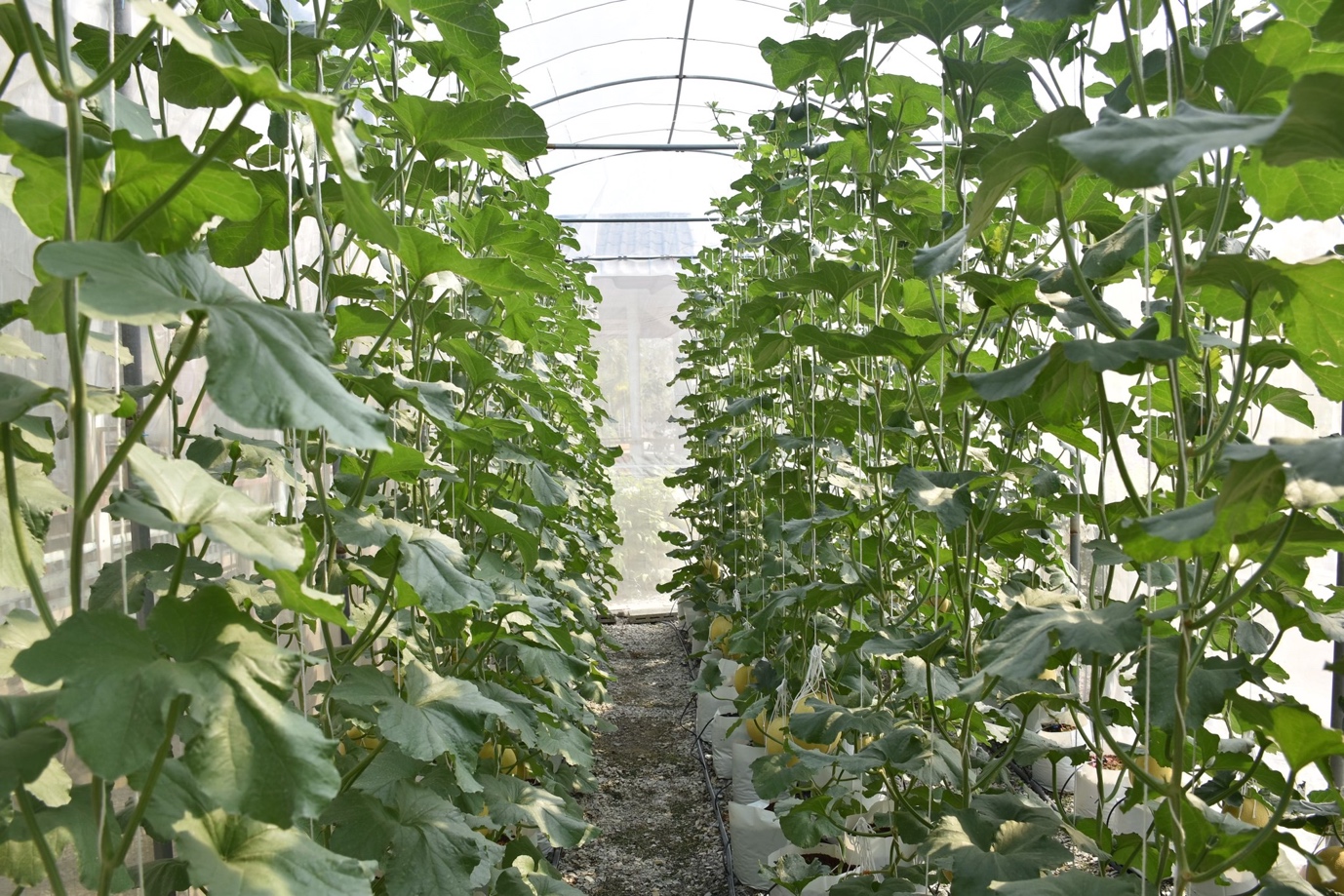
The Mini Farm Project has become a replicable model for sustainable agricultural education, bridging the gap between academic research and community practice. It aligns with Suan Dusit University’s institutional mission to serve as a “Living Laboratory for Sustainable Development”, where knowledge from research and teaching is transferred directly to communities to foster environmentally sound land management. The project demonstrates how higher education and industry collaboration can jointly promote agroecological balance, sustainable resource use, and long-term soil health—supporting both the livelihoods of local farmers and the conservation of natural ecosystems.
Through this collaboration, Suan Dusit University successfully combined education, innovation, and community outreach to strengthen sustainable land management practices in local schools and communities. The project’s outcomes reaffirm the university’s commitment to advancing sustainable agriculture, environmental stewardship, and ecosystem resilience, ensuring that the next generation understands how to manage land responsibly for both food security and ecological well-being.
